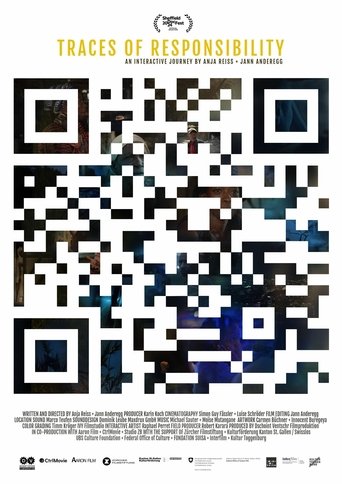
23 Mar 2024

Traces of Responsibility
The interactive roadmovie follows the trail of a convicted war criminal with ties to Switzerland. On a journey through contemporary Rwanda, the viewer decides how deeply he wants to immerse himself in the story.
Sebastia, a small archaeological town, sits on top of a hill Northwest of Nablus, Palestine surrounded by Shavei Shomron, an illegal Israeli settlement and confiscated agricultural fields of olive groves and apricot trees. This ancient site was excavated multiple times over the last century by colonial archaeologists funded by Zionist individuals and institutions. The first excavation of 1908 led by Harvard University took advantage of Sebastia locals including women, men, and children as cheap labor digging their own land for the sake of biblical archaeology. Each excavation extracted soil and artifacts from the ground, taking what they considered valuable to their home institutions and leaving pottery shards and rubble on the surface. Today, what’s left of the archaeological monuments is contested by the nearby settlement as well as the Israeli military. The Roman Forum is a battlefield, but the locals are incredibly resilient.
Self (historian and tour guide from Sebastia)
Self (mayor of Sebastia)

Self (archive)
Self (archive - water officer, West Bank military government)
Self (owner of local Al-Kayed Palace guest house, local farmer)

23 Mar 2024

The interactive roadmovie follows the trail of a convicted war criminal with ties to Switzerland. On a journey through contemporary Rwanda, the viewer decides how deeply he wants to immerse himself in the story.
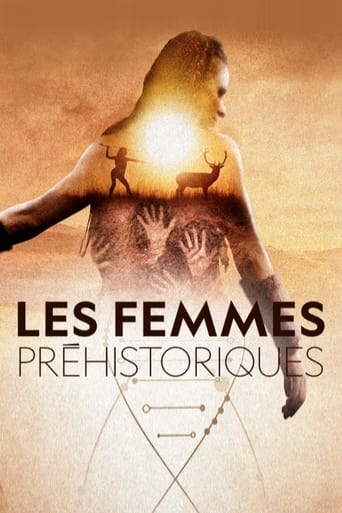
22 May 2022

No overview found
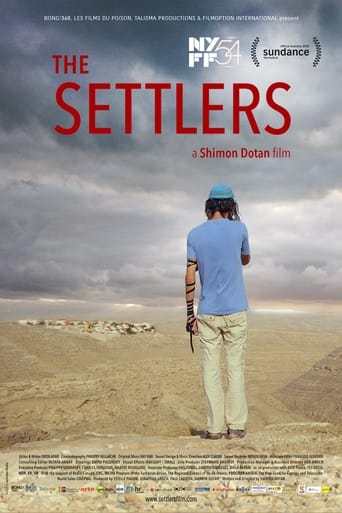
22 Jan 2016

In the nearly 50 years since Israel's decisive victory in the 1967 Six-Day War, hundreds of thousands of Israeli citizens have established expanding communities in the occupied territories of the West Bank. Frequently coming into direct conflict with the region's Palestinian inhabitants, and facing the condemnation of the international community, the settlers have been viewed by some as the righteous vanguard of modern Zionism and by others as overzealous squatters who are the greatest impediment to the possibility of peace in the region.
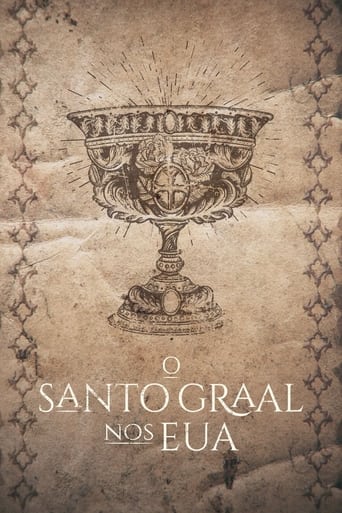
20 Sep 2009

In 1898, a Minnesota farmer clearing trees from his field uprooted a large stone covered with mysterious runes that tell a story of land acquisition and murder. The stone allegedly dates back to 1362. Initially thought to be a hoax, new evidence suggests the find could be real, and a clue that the Knights Templar discovered America 100 years before Columbus, perhaps bringing with them history's greatest treasure... the Holy Grail. Follow the clues as experts use erosion studies on the rune stone and match symbols in Templar ruins all over Europe to support this theory. Stones with similar markings have been found on islands across the Atlantic Ocean, and in Massachusetts and Rhode Island. Is it possible the Knights Templar, long thought to have been massacred, escaped on an incredible journey and were leaving clues to the whereabouts of the stone?
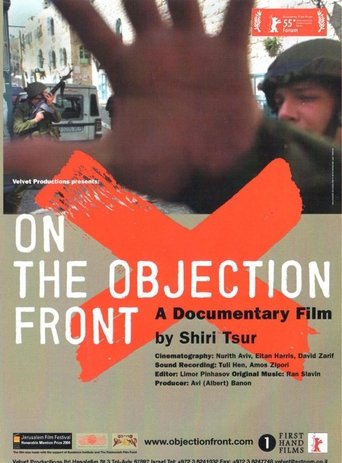
10 Mar 2005

A film documenting the story of the Israeli refusnik-movement and interviews some of its protagonists. This timely documentary interweaves the stories of six soldiers who, after years of loyal reserve duty and annual active combat, find they can no longer countenance serving in the occupied territories of the West Bank and Gaza Strip. They become "refusniks" - an action that puts them at odds with deeply held national values and has devastating consequences in their own lives. In the film, six of the signers of the original "Combatants’ Letter" reveal the untenable combat experiences that led to their decision, the public outcry it provoked and the price they continue to pay for refusing to serve - including isolation, family ostracism and imprisonment. Winner, Ecumenical Jury Prize, Berlin Film Festival
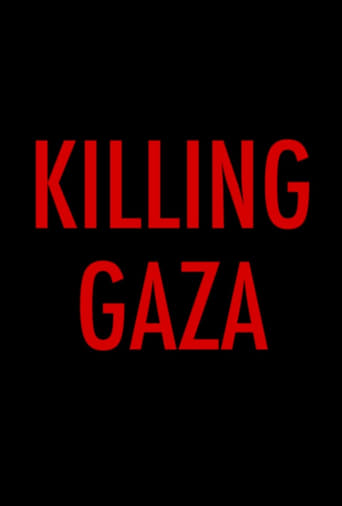
15 May 2018

In Killing Gaza, independent journalists Max Blumenthal and Dan Cohen documented Israel’s 2014 war on Gaza. Yet this film is much more than a documentary about Palestinian resilience and suffering. It is a chilling visual document of war crimes committed by the Israeli military, featuring direct testimony and evidence from the survivors.

12 Jun 2008

An Israeli film director interviews fellow veterans of the 1982 invasion of Lebanon to reconstruct his own memories of his term of service in that conflict.
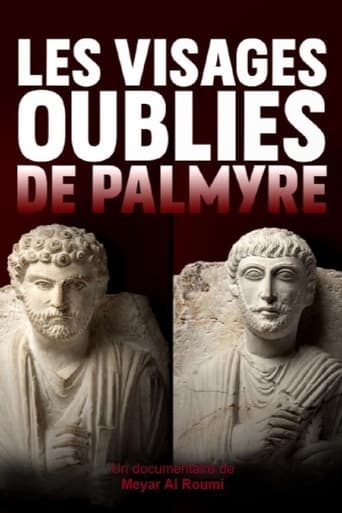
17 Apr 2021

Two thousand years ago, it was a flourishing city in the middle of what is now a Syrian desert. At the crossroads of trade routes, Palmyra attracted caravanners from Mesopotamia, India and China. In what remains of its ruins, rediscovered by Europeans in the 17th century, its numerous necropolises bear witness to a prosperous past. Carved in limestone in the first centuries of our era, the faces of the representatives - men, women and children - of its greatest families adorn the walls of its tombs. Since 2012, Danish archaeologist Rubina Raja has been leading a long-term project to find, document and retrace the family trees and daily life of these Palmyrenians.
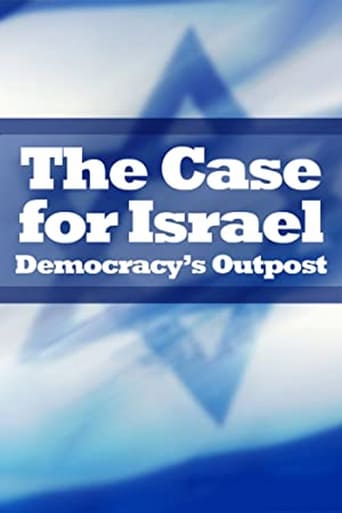
01 Jan 2009

Rising in vigorous defense of the nation-state of the Jewish people, distinguished Harvard Law School professor Alan Dershowitz presents incisive evidence from leading experts across the political spectrum to assert Israel's basic right to exist.
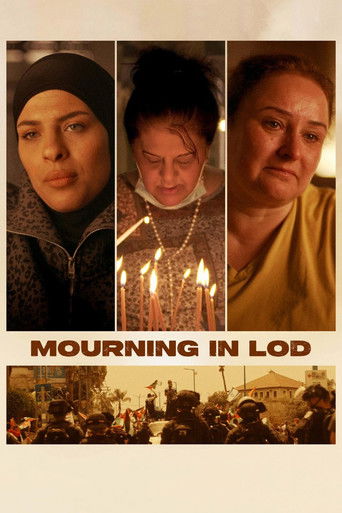
18 May 2023

MOURNING IN LOD, takes a microcosmic look at the Israeli-Palestinian conflict through Musa, Yigal, and Randa — three people whose fates become inextricably linked in a vicious cycle of violence. Lod/Lydd is a “mixed” city inhabited by Arabs and Jews who live side by side in a strained coexistence. In May 2021, two of these three people lost their lives and and one regained hers — thanks to an unlikely organ transplant. The outpouring of love, anger, forgiveness and sorrow that follows in their wake is a ray of light that offsets a collective state of mourning with no end in sight.
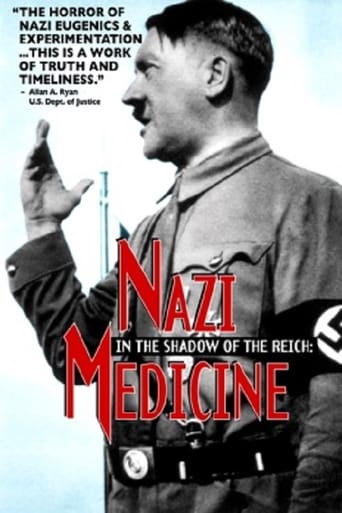
09 Dec 1997

Examines the step-by-step process that led German medical professionals down an unethical road to genocide.

25 Apr 2024

Never-before-heard eyewitness accounts from released hostages, survivors, and first responders during the October 7 attacks on Israeli towns and at the Nova Music Festival show the disgusting extent of the crimes of so-called Palestinian freedom fighters. Women and girls were raped, assaulted, and mutilated by members of the Hamas terrorist group and murderous Palestinians from the Gaza Strip who joined this mob. Released hostages have revealed that Israeli captives in Gaza have also been sexually assaulted. Despite the indisputable evidence, these atrocities have received little scrutiny from human rights groups and international organizations. Many leading figures in politics, academia, and media have attempted to minimize or even deny that they occurred. In this documentary, Sheryl Sandberg conducts in-depth interviews with witnesses and survivors of the events that reveal the full sad extent of the Hamas massacre.
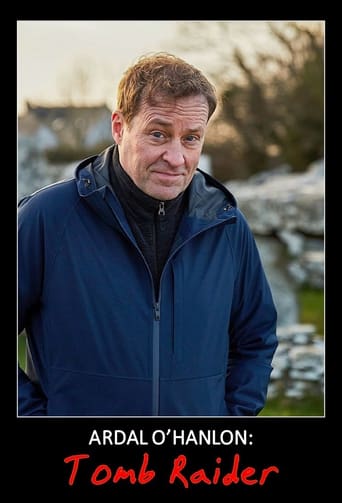
09 May 2022

Ardal O’Hanlon explores a 1930s quest to find the first Irish men and women using archaeology, answering his deepest questions about what it means to be Irish.
18 Nov 2020
Documentary that discovers all the secrets of mummification in the Canary Islands thanks to pioneering research. Regis Francisco López approaches the mummification techniques that took place in Tenerife for more than 10 centuries.
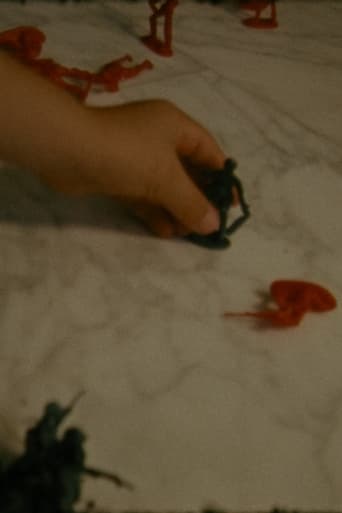
02 Mar 2023

Familiar Phantoms is an experimental documentary short film about memory, history and trauma.
10 Feb 2003
A film essay by Asher de Bentolila Tlalim, an Israeli filmmaker living in London, GALOOT ("Exile" in Hebrew) is an extended meditation on the Israeli-Palestinian conflict through the eyes of those living at a distance. Through international visits (London, Israel, Morocco and Poland) and dialogue-with Palestinian refugees, the new immigrants to Israel who now occupy their homes, the current occupants of his family's former house in Tangiers, the residents of the former village of his wife's family in Lisensk, a scientist, a jazz musician, and others-the filmmaker explores the position of exile, with its unique pain and perspective on what others may be too close to perceive.
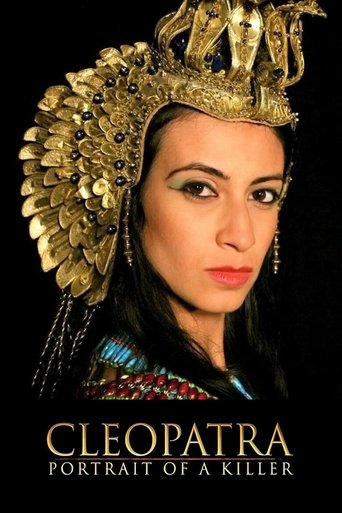
23 Mar 2009

Cleopatra - the most famous woman in history. We know her as a great queen, a beautiful lover and a political schemer. For 2,000 years almost all evidence of her has disappeared - until now. In one of the world's most exciting finds, archaeologists believe they have discovered the skeleton of her sister, murdered by Cleopatra and Mark Antony. From Egypt to Turkey, Neil Oliver investigates the story of a ruthless queen who would kill her own siblings for power. This is the portrait of a killer.

13 May 2021

No overview found
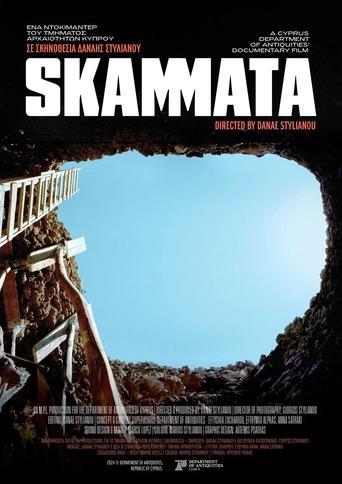
24 Sep 2024

Fifty years after the coup and the Turkish invasion of Cyprus, Cypriot and foreign archaeologists, along with members of the Department of Antiquities' staff from that time, delve into personal memory, examine the collective trauma of war, and outline its impact on Cypriot archaeology. Weaving archival material from excavations with gripping personal testimonies, the documentary *"Skammata"* highlights significant moments in Cypriot archaeology, both before and after the tragic events of 1974.

04 Feb 2022

In Breaking Bread, exotic cuisine and a side of politics are on the menu. Dr. Nof Atamna-Ismaeel - the first Muslim Arab to win Israel's MasterChef - is on a quest to make a social change through food. And so, she founded the A-sham Arabic Food Festival in Haifa. There, pairs of Arab and Jewish chefs collaborate on mouthwatering dishes like kishek (a Syrian yogurt soup), and qatayef (a dessert typically served during Ramadan), as we savor the taste of hope and discover the food of their region free from political and religious boundaries.